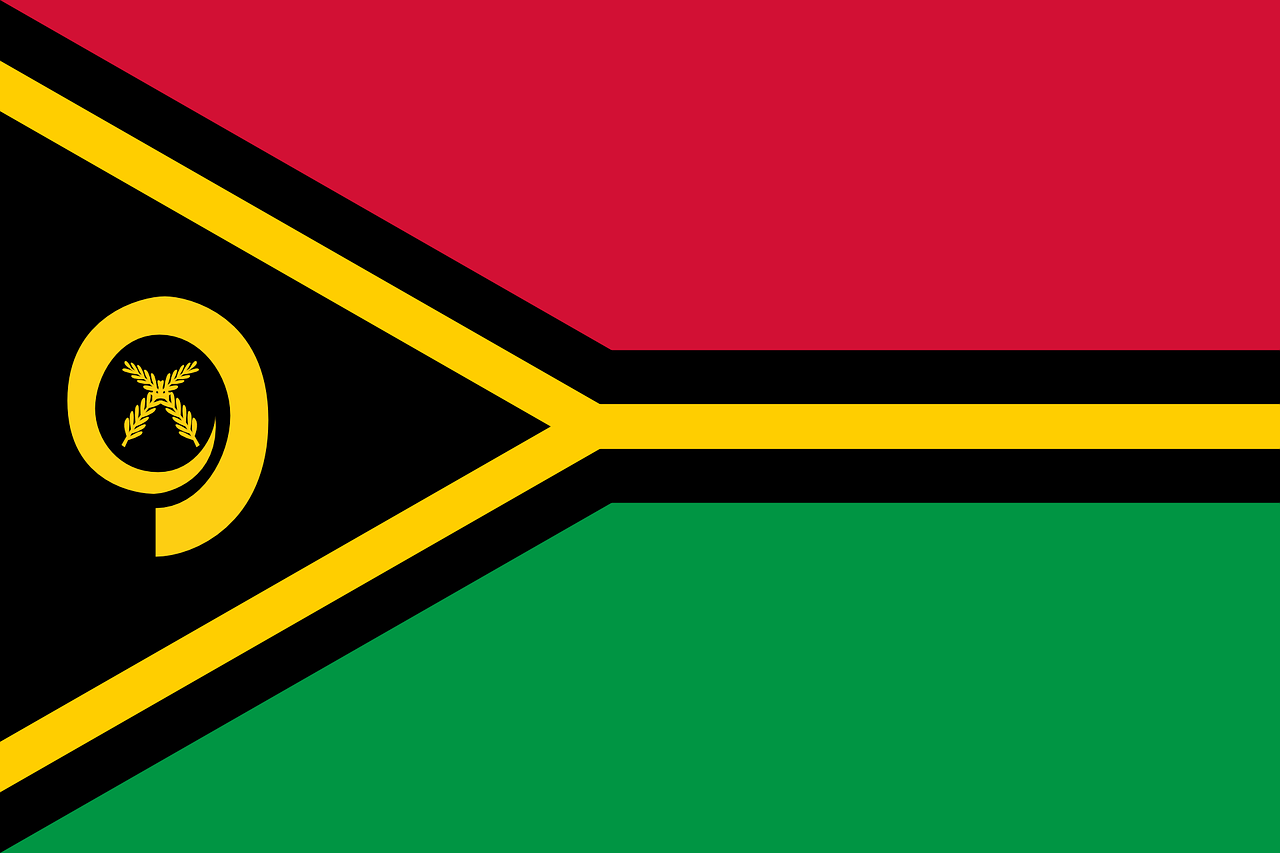
Increased demand for economic citizenship of Vanuatu has given the cyclone-battered south pacific island a massive financial boost, achieving a record US$33.3 million surpluses in the first half of 2020 and marking a 32% year-on-year increase in citizenship-related revenues, exceeding, by August, its annual projection.
These record revenues of 3.8 billion Vatu (US$33.3 million) created courtesy of the country’s
Citizenship by Investment programme, comes at a time when such funds are desperately needed to boost Vanuatu’s fragile economy, which has been recently doubly battered, first by the coronavirus pandemic (with many losses in tourism) and then by the category five Cyclone Harold which hit the country during the pandemic in April. Both of these crises hit when this small remote island was trying to get back on its feet following Cyclone Pam in 2015.
In March 2017, the country launched two new citizenship by investment programmes in order to provide much-needed revenues. While both the Vanuatu Development Support Programme (VDSP) and Vanuatu Contribution Program (VCP) is similar in makeup and requirements as CBI programmes, the former is available globally and the latter just in the Greater China region.
And the take-up of the programmes has been immense, especially as the government has twice lowered the application prices, making second citizenship here even more attractive.
Since 2017, revenues from the programmes have steadily increased, from 280 successful applicants in 2017 to 1,210 in 2018 and nearly 1,400 in 2019. The top 10 months of revenue achieved (excluding December 2018) include seven months of 2019 and the first three months 0f 2020, according to statistics from Vanuatu’s Department of Finance and Treasury, and the
government’s half-year 2020 economic and fiscal update cites a 32% year-on-year increase in citizenship-related revenues.
Revenue from the programmes increased from just 7% of total revenue in 2017 to 28% in 2019, which means that in just three years, income from the CBI programmes has climbed from 3% to 12% of GDP, with such revenue surpassing the country’s grant aid.
This means that CBI Programme revenues not only surpass Vanuatu’s grand aid, but they are the government’s biggest earner having accrued nearly US$70 million over the past three years, with revenues climbing above US$84.6 million by mid-August 2020 exceeding, already, the annual projection.
According to DevPolicy, this does mean that due to its successful CBI Programmes, Vanuatu has run a fiscal surplus in the last two years, pretty good for a country that’s mainly been used to deficits. Vanuatu has used some of the revenues to repay some of its external debt, much of which was due to loans for reconstruction following cyclone devastation, but mainly it has built up its cash reserves, which are now being used to finance the US$37 million extra spendings Vanuatu has proposed in response to Covid-19.
Vanuatu National Citizenship Commission’s chairman Ronald Warsal told the Vanuatu Daily Post in August: ‘I can confirm the stimulus package of VT4 billion to help businesses and employees that have been affected by the Covid-19 pandemic was sourced in the national treasury through the fund collection by this programme.”
